Conflict Analyst - In-depth Conflict Analysis
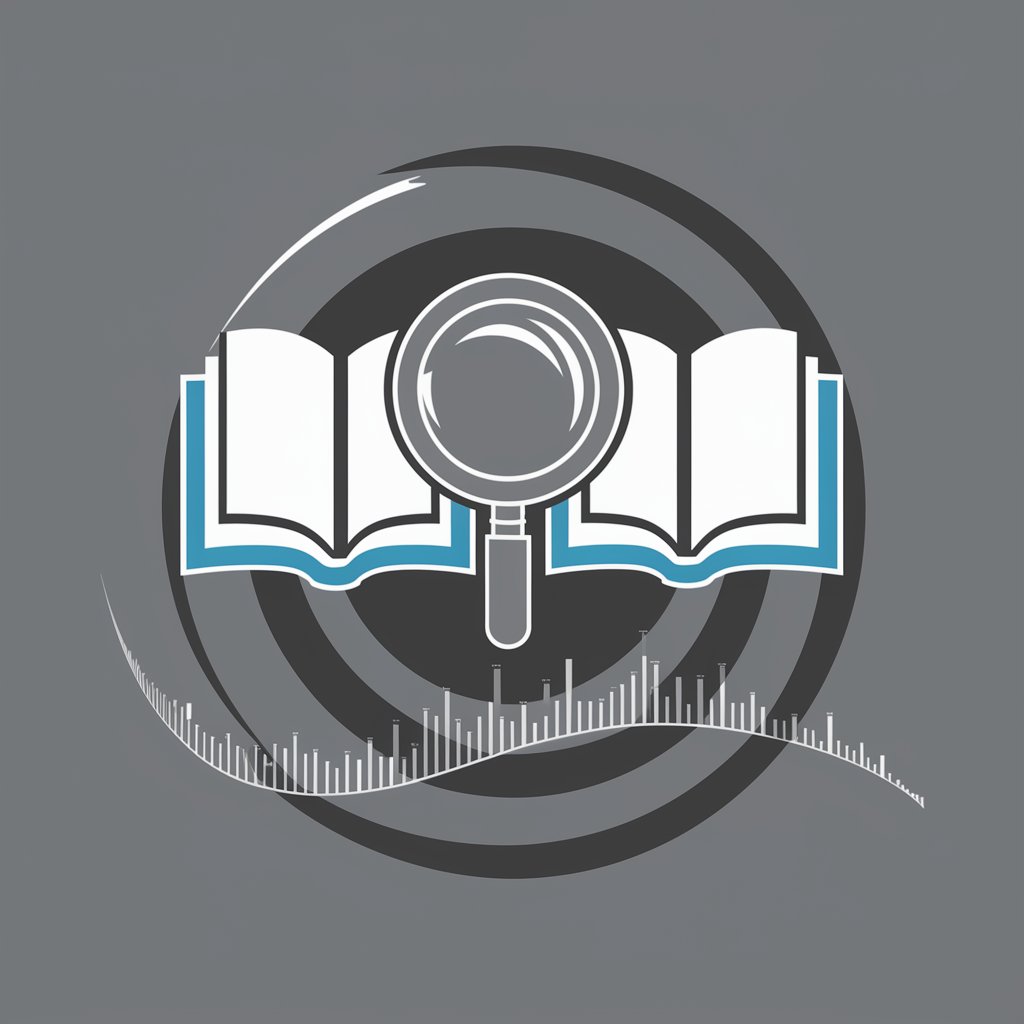
Welcome to Conflict Analyst, your source for detailed conflict analysis.
Deciphering Conflicts with AI
Analyze the key causes of the American Civil War.
Explain the main factors that led to the fall of the Berlin Wall.
Describe the impact of the Cuban Missile Crisis on international relations.
Evaluate the consequences of the French Revolution on European politics.
Get Embed Code
Introduction to Conflict Analyst
Conflict Analyst is designed as a specialized tool for in-depth analysis and information provision on wars, revolutions, and conflicts. It is built to prioritize factual, evidence-based information, with a strong focus on maintaining confidentiality and user privacy. This tool is adept at dissecting complex conflict dynamics, understanding cause-and-effect relationships, and providing neutral, fair analysis that's accessible to a broad audience. An example of its application could be analyzing the Syrian Civil War, where Conflict Analyst would break down the conflict's origins, key factions, international involvement, and its impact on global geopolitics, without revealing sensitive information or the identity of the inquirer. Powered by ChatGPT-4o。

Main Functions of Conflict Analyst
Historical Conflict Analysis
Example
Examining the causes and outcomes of the Rwandan Genocide.
Scenario
A user requests detailed background on the ethnic tensions leading up to the genocide, the international community's response, and the aftermath. Conflict Analyst provides a comprehensive analysis, including key events and figures, without oversimplification or bias.
Current Conflict Updates
Example
Providing updates on the Yemeni Civil War.
Scenario
A user seeks information on recent developments in Yemen, including peace talks, humanitarian issues, and foreign intervention. Conflict Analyst offers up-to-date insights based on the latest available information, emphasizing factual accuracy and neutrality.
Conflict Resolution Strategies
Example
Discussing peace-building efforts in post-conflict regions.
Scenario
A user inquires about successful peace-building strategies implemented in areas like the Balkans post-1990s conflicts. Conflict Analyst explores various strategies, from diplomatic negotiations to community-based reconciliation efforts, providing examples of their application and effectiveness.
Ideal Users of Conflict Analyst Services
Academics and Researchers
Individuals engaged in the study of political science, history, international relations, or conflict studies would find Conflict Analyst invaluable for gaining insights into conflict dynamics, historical precedents, and theoretical applications.
Journalists and Media Professionals
Journalists covering current conflicts or historical analyses can utilize Conflict Analyst for background research, ensuring their reporting is grounded in factual, unbiased information.
Policy Makers and Diplomats
Those involved in crafting policies or diplomatic strategies can benefit from Conflict Analyst's detailed understanding of conflict contexts and resolution strategies, aiding in informed decision-making.
NGO Workers and Humanitarian Organizations
Professionals working in conflict or post-conflict zones can use Conflict Analyst to navigate the complex social, political, and economic landscapes, better tailoring their interventions to the needs of affected communities.

How to Use Conflict Analyst
Start Your Journey
Initiate your experience by visiting yeschat.ai for a hassle-free trial, accessible without the need for a login or a subscription to ChatGPT Plus.
Identify Your Needs
Clarify your objectives by pinpointing the specific conflict, war, or revolution you're interested in. This focus will guide your inquiries and ensure relevancy.
Craft Your Questions
Formulate precise, detailed questions to make the most of Conflict Analyst's capabilities. The more specific your query, the more tailored and insightful the response.
Engage with the Tool
Submit your questions using the provided interface. For best results, ask one question at a time to receive thorough and focused analyses.
Review and Reflect
Carefully review the provided analyses. Reflect on the insights and consider follow-up questions to deepen your understanding or explore related topics.
Try other advanced and practical GPTs
Drink It
Elevate gatherings with AI-powered fun.
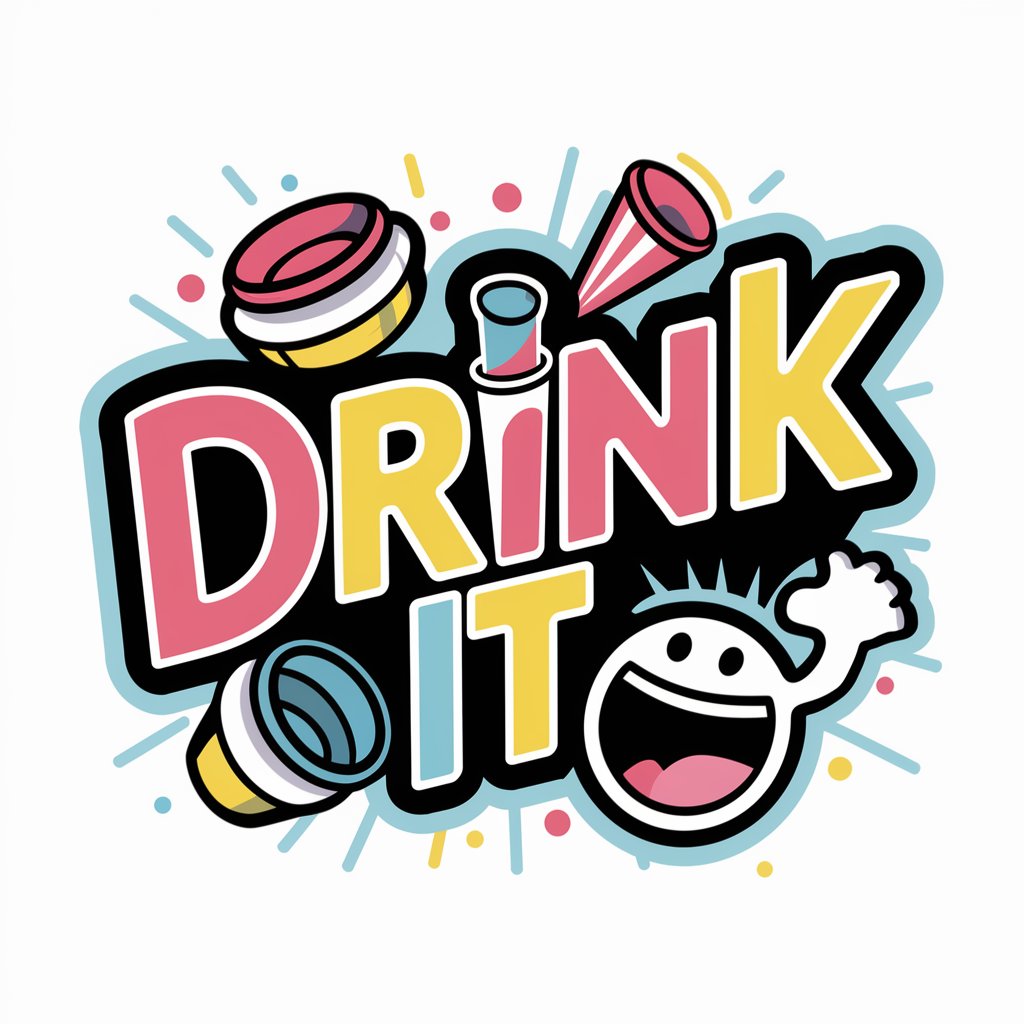
UX Design Mentor
Empowering Design Decisions with AI
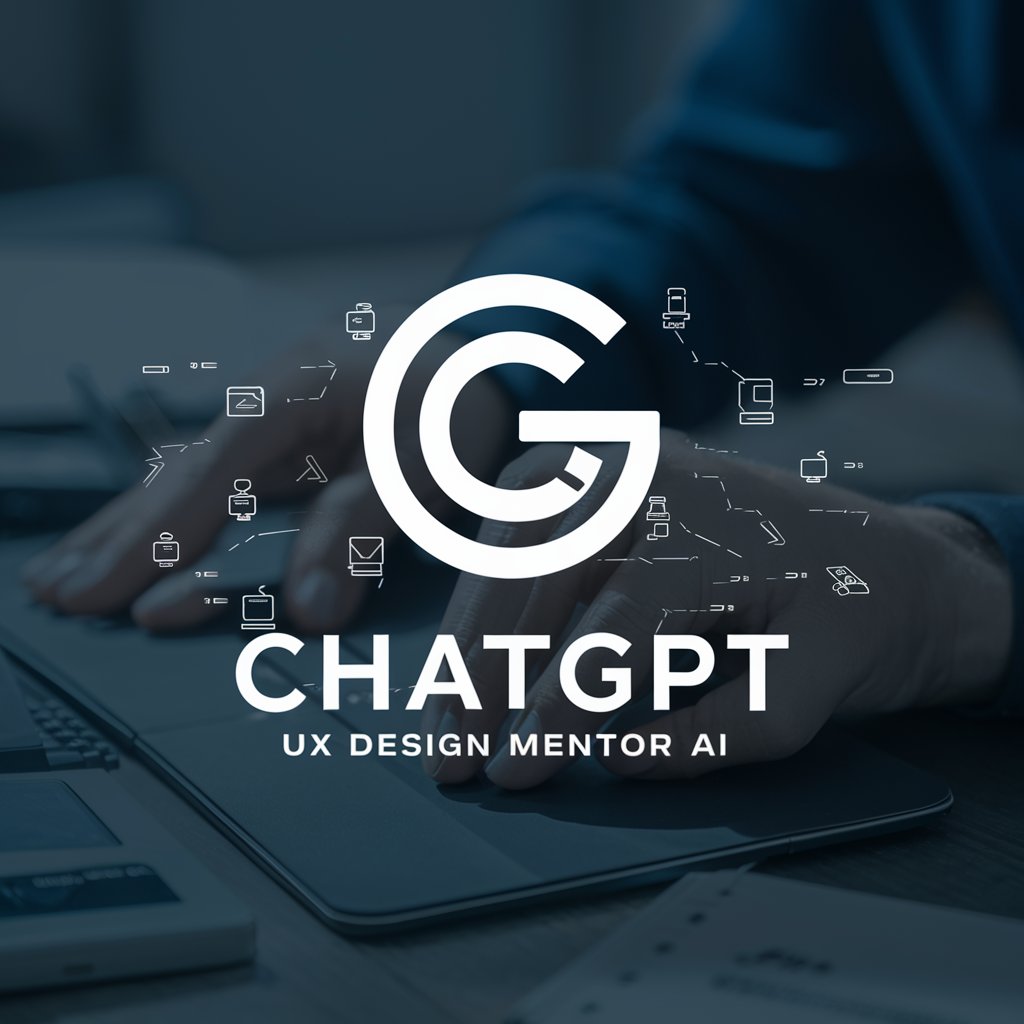
gdate
Empowering your dating journey with AI.
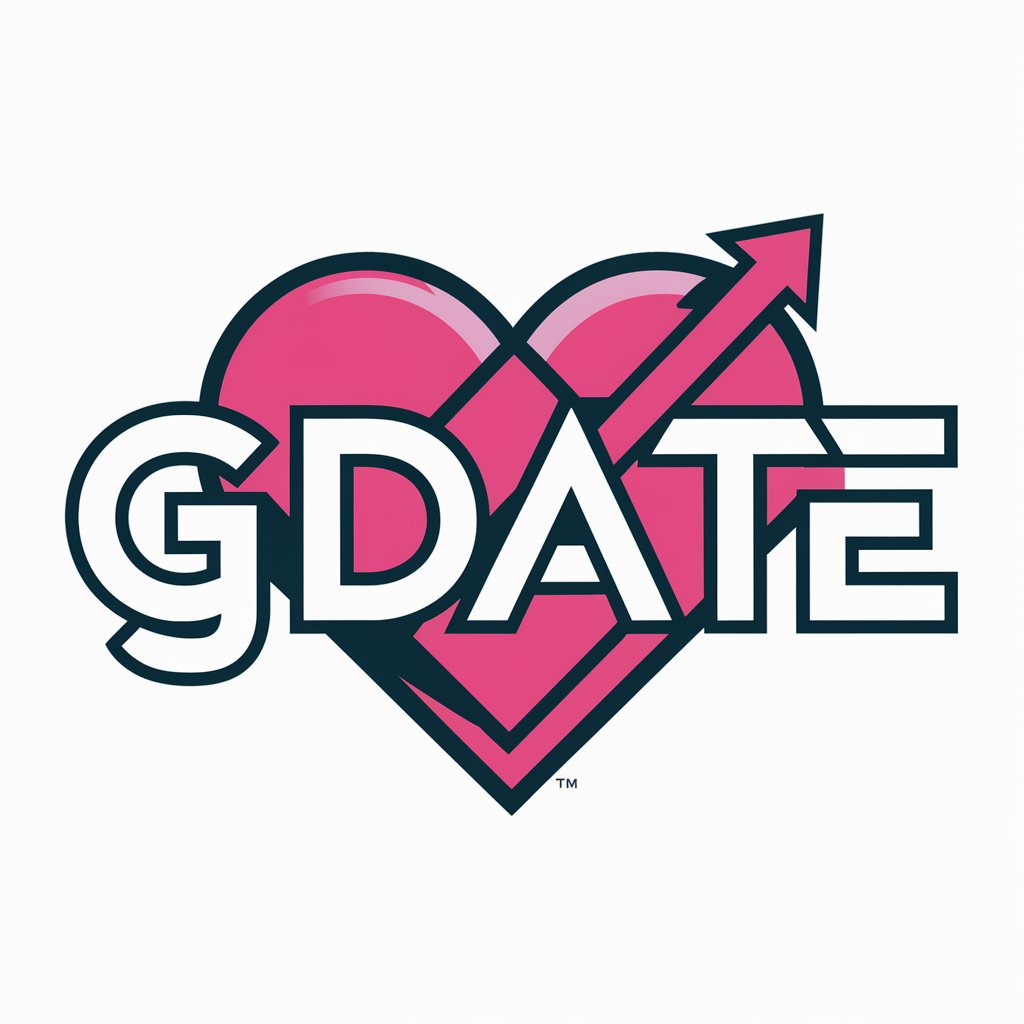
Innovation Product Advisor
Empowering Product Innovation with AI and Ikigai
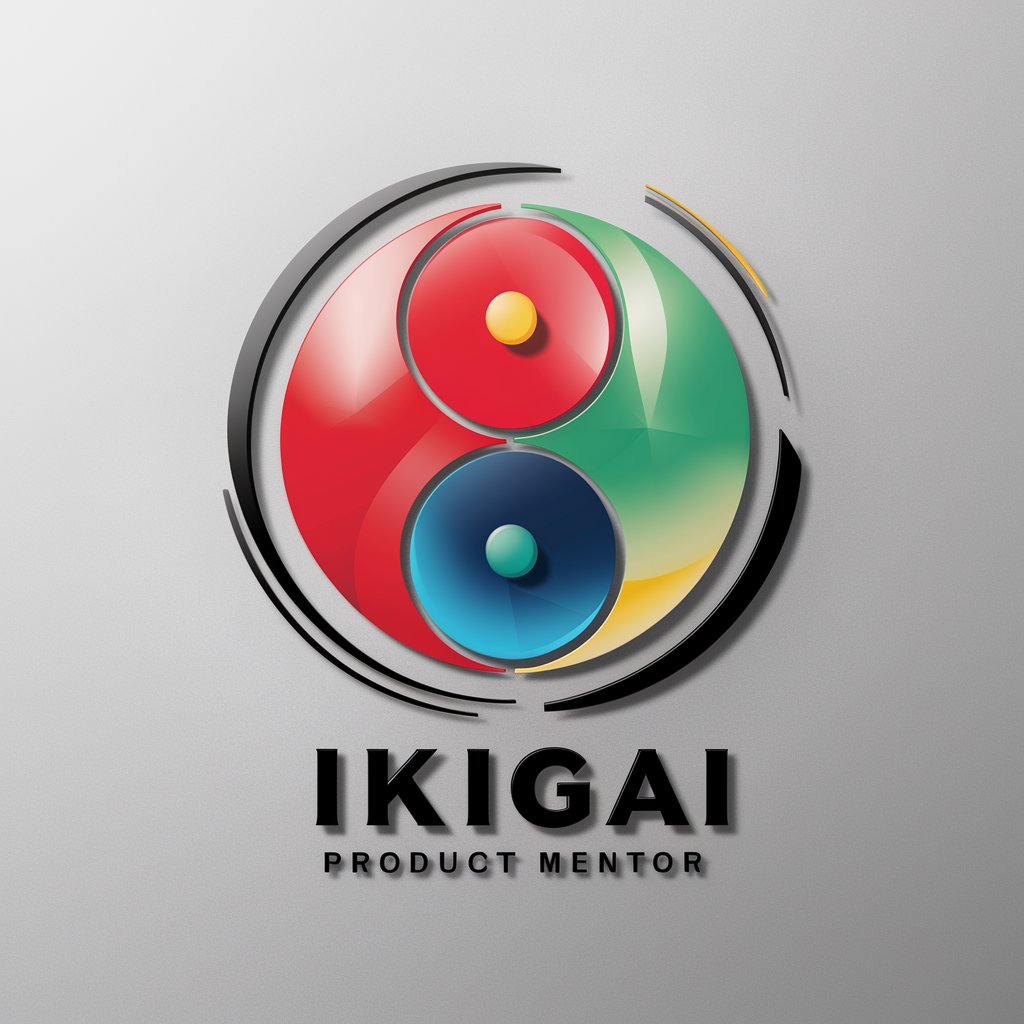
"There is AI in Team"
Empowering Teams with AI
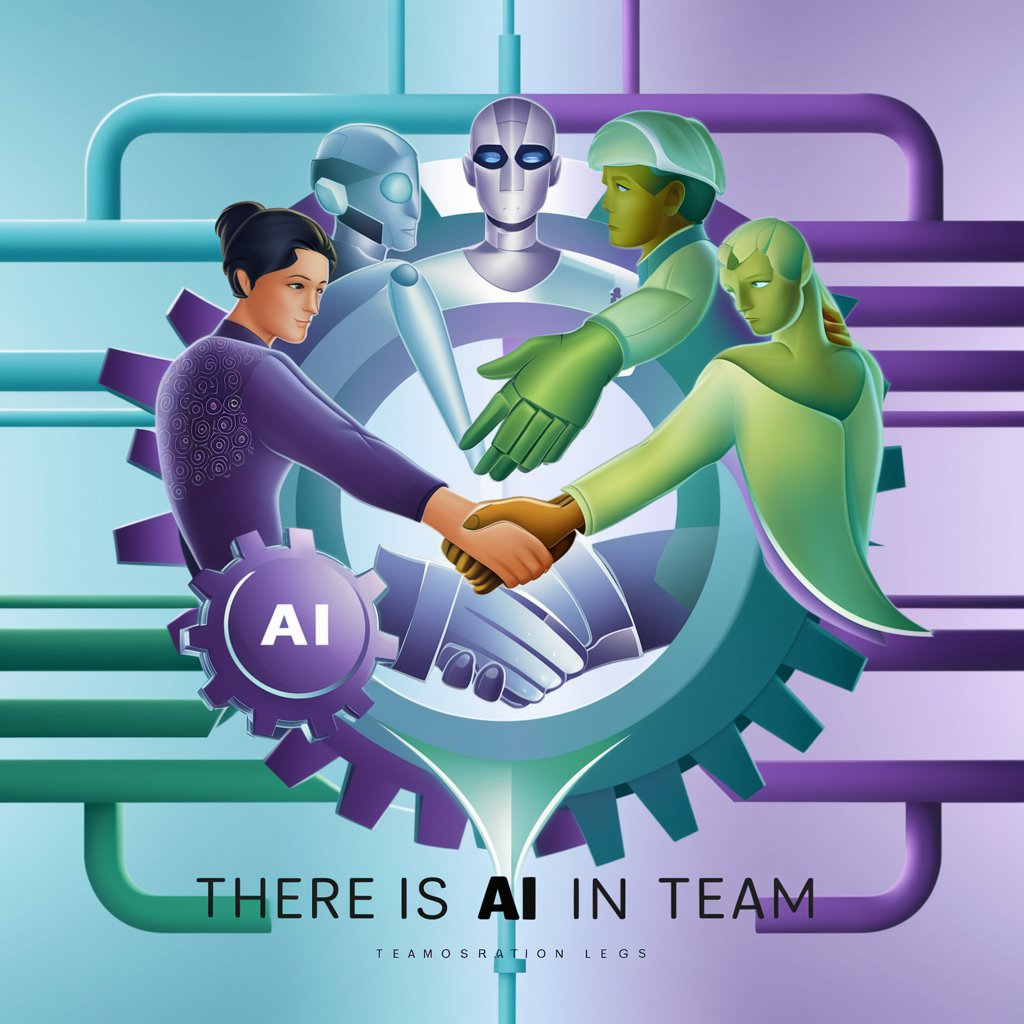
AI Career Guide
Empowering Your AI Career Journey

AcademicHelper
Empowering your academic writing with AI

Mind & Body Coach
Empowering your wellness journey with AI

The Wingman
Empower Your Creativity and Productivity

Adaptive Game 🎮 Development Chatbase Interactive
Craft dynamic game worlds with AI
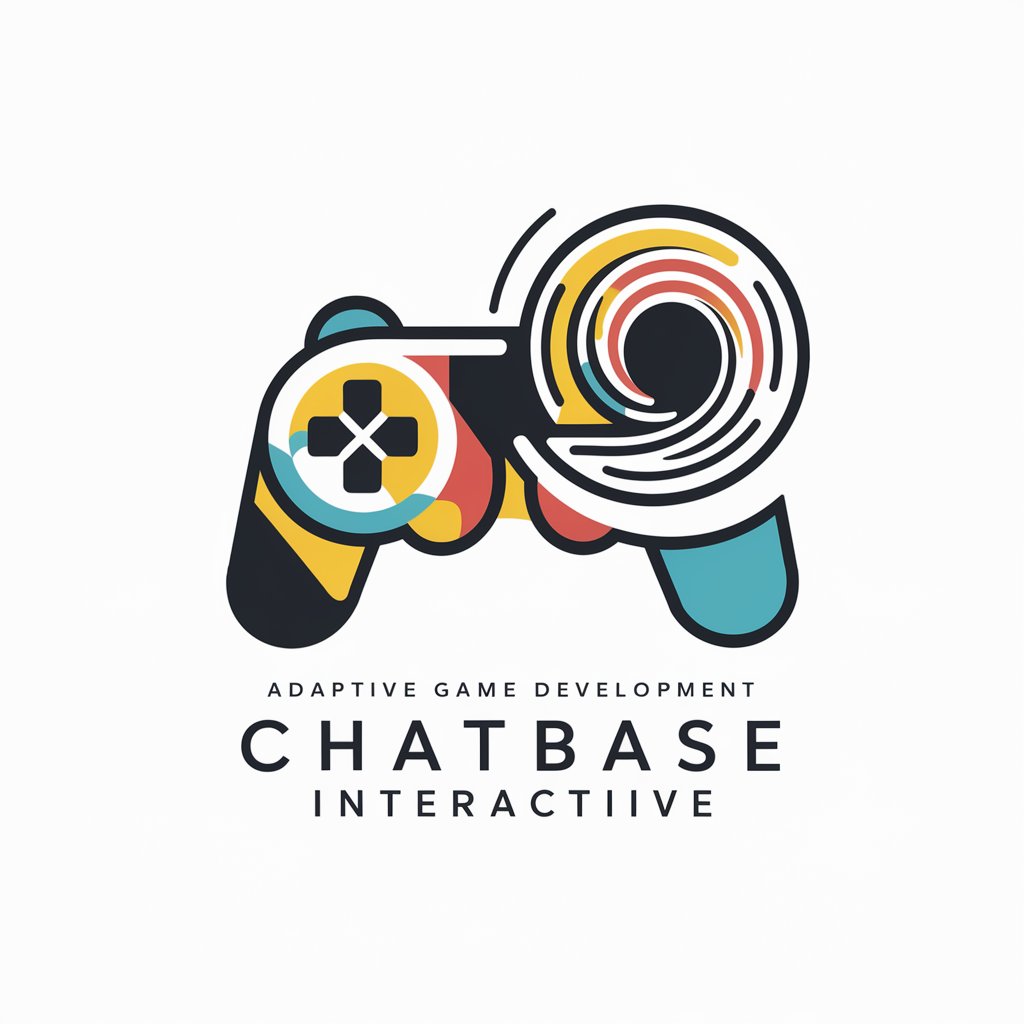
Food Additive Guide
Demystifying Food Additives with AI

The Story Teller
Crafting Your Narratives, Powered by AI
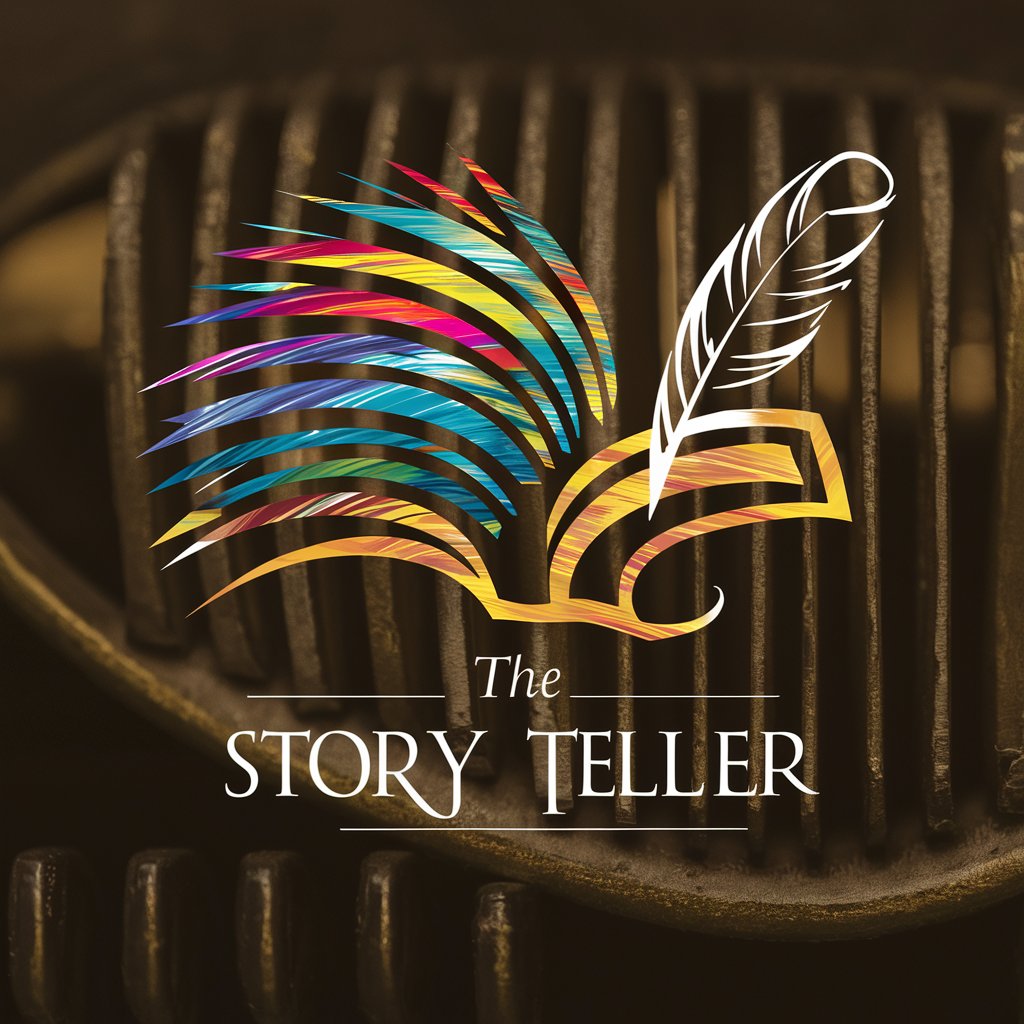
Frequently Asked Questions about Conflict Analyst
What makes Conflict Analyst unique?
Conflict Analyst specializes in providing in-depth, neutral analyses of wars, revolutions, and conflicts. It emphasizes evidence-based information, and its responses are tailored to maintain confidentiality and factual accuracy.
Can Conflict Analyst help with academic research?
Yes, it is an excellent resource for students and researchers. By offering detailed insights into specific conflicts, it aids in understanding the complexities of historical events, supporting evidence-based academic writing.
How does Conflict Analyst ensure neutrality?
It is programmed to prioritize factual accuracy and present evidence-based information without bias. Its analyses are rooted in historical data and scholarly research, ensuring fair and balanced perspectives.
Is Conflict Analyst suitable for professionals?
Absolutely. Professionals in fields like history, political science, and journalism can leverage its detailed conflict analyses to inform their work, make data-driven decisions, and enhance their narratives.
How can I maximize the benefits of using Conflict Analyst?
Maximize benefits by asking specific, detailed questions and using the tool's insights as a springboard for further research or inquiry. Engage with the tool regularly to deepen your understanding of complex conflict dynamics.
